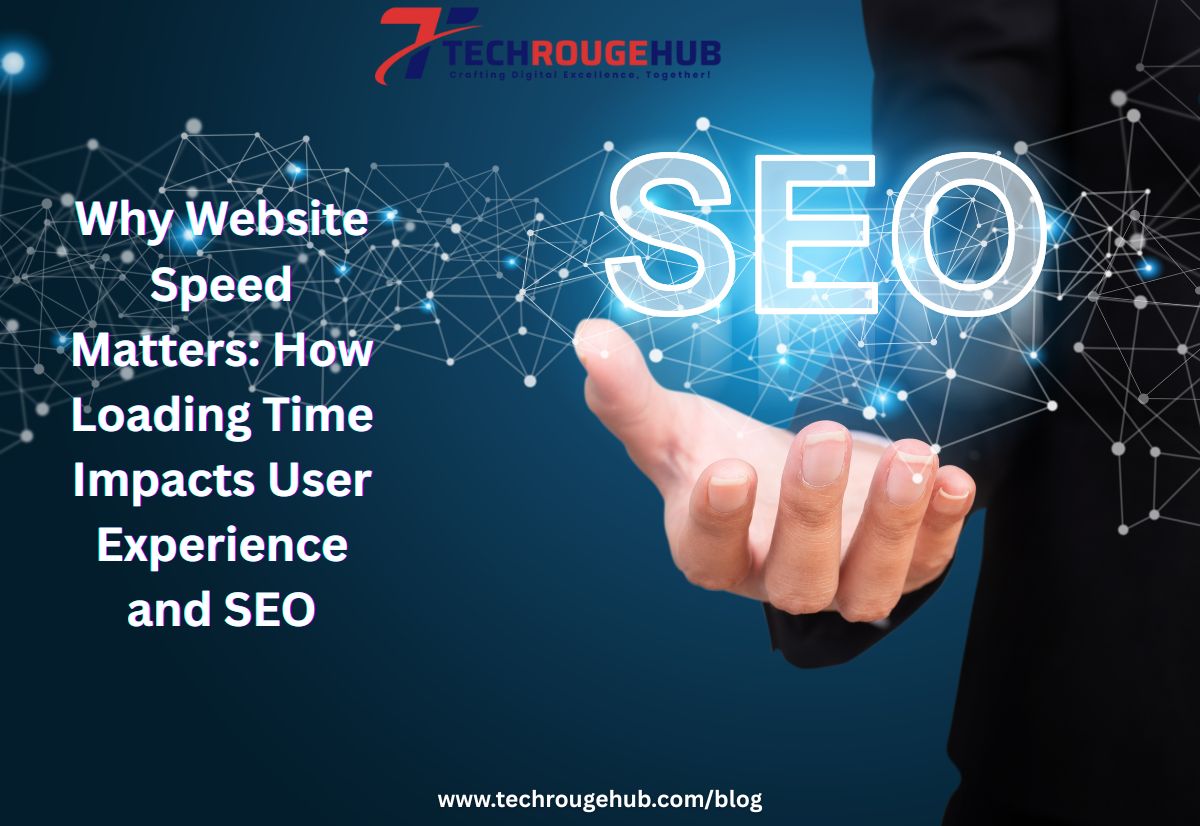In the fast-moving world of digital business, website speed is not a luxury — it’s a necessity. Whether you’re running a tech startup, an online store, or a business website, a slow-loading site can cost you traffic, conversions, and credibility.
With users expecting websites to load in under 3 seconds, speed has become one of the key factors in both user experience (UX) and search engine optimization (SEO). In this post, we’ll explore why speed matters, how it affects your site’s success, and simple ways to improve it.
1. First Impressions Count
When users visit your website, they expect instant results. If your site takes too long to load, they may leave before it even finishes. Studies show that:
-
40% of users abandon a site that takes more than 3 seconds to load.
-
A 1-second delay in page response can result in a 7% reduction in conversions.
Speed equals trust and professionalism. A fast website immediately tells users that your brand is reliable and efficient.
2. Website Speed and SEO Rankings
Google has confirmed that page speed is a direct ranking factor. If your site is slow, especially on mobile devices, it may fall in search rankings — no matter how good your content is.
Google’s Core Web Vitals focus on:
-
Largest Contentful Paint (LCP) – how long it takes the main content to load.
-
First Input Delay (FID) – how fast a page responds to user interaction.
-
Cumulative Layout Shift (CLS) – how stable the content is while loading.
Improving your loading time can give your site a real SEO boost, helping you compete in Tier 1 markets like the USA and UK.
3. Mobile Speed is Critical
More than 60% of web traffic comes from mobile devices. A slow site on mobile means lost users — especially in markets like the USA where mobile browsing dominates.
Mobile optimization + fast loading = better user engagement.
4. Impact on Conversion and Sales
Speed is directly linked to business performance. A fast website helps keep users on your page longer, increases trust, and encourages action — whether it’s signing up, making a purchase, or booking a service.
Amazon once reported that just a 100-millisecond delay could cost them 1% in sales. Now imagine what that means for a smaller business.
5. Simple Ways to Improve Your Website Speed
Here are a few practical ways to speed up your website:
-
Use caching plugins (like WP Rocket or W3 Total Cache).
-
Optimize images with tools like TinyPNG or ShortPixel.
-
Choose fast and reliable hosting (consider SSD servers).
-
Minimize CSS and JavaScript files using minification tools.
-
Use a Content Delivery Network (CDN) like Cloudflare.
-
Enable lazy loading for images and videos.
-
Avoid heavy themes and too many plugins.
Final Thoughts
Website speed affects everything — user experience, SEO rankings, mobile usability, and conversions. If your site is slow, you’re not just annoying visitors — you’re potentially losing business.
Want to improve your website performance and load time?
👉 Contact TechRougeHub — we specialize in high-speed, optimized websites that deliver results.

